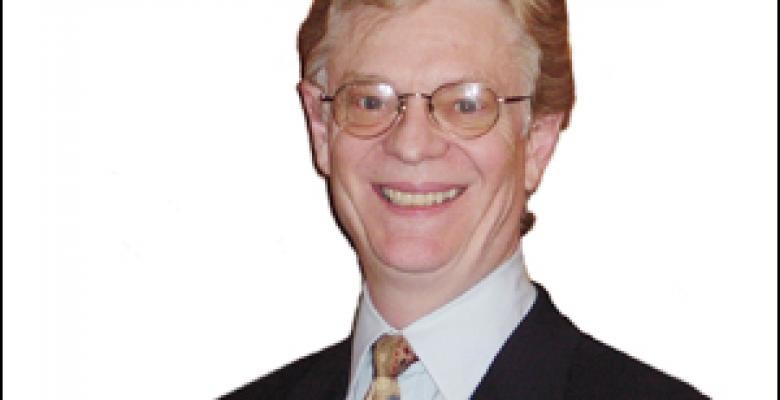Psychology Professor Studies Science of Motivation
Forget carrots and sticks, the widely used catch phrase suggesting people are motivated by the desire to seek pleasure and avoid pain.
Social psychologist Tory Higgins believes that formulation is simplistic at best.
“The essence of human motivation is that we want to be effective. It’s what makes us feel alive,” says Higgins, the Stanley Schachter Professor of Psychology and director of the Motivation Science Center at Columbia Business School. “We are willing to give up sensory pleasure and take on pain in order to be effective.”
According to Higgins, there are three different ways to be effective. First is achieving a particular result, such as feeding yourself when you’re hungry or winning a game. He calls this value effectiveness.
The second is having influence over what happens—what he calls control effectiveness. “The adage, ‘It’s not whether you win or lose, it’s how you play the game,’ is exactly what control is all about,” he says. If carrot and stick were the only model for human motivation, he adds, no one would participate in extreme sports, which have the potential to cause great pain. In that situation, participants want to control a situation that is highly challenging and difficult to control.
Finally, there is truth effectiveness, which is seeking what we believe to be legitimate, correct or genuine. “To be sure, what is true to one person can be mere illusion or delusion to another,” he notes. “But all of us are motivated to know what is real. In disagreements around the globe over politics and religion, humans are motivated to risk pain and even death to establish what they believe is true.”
Higgins, who earned his Ph.D. at Columbia in 1973 and has been on the faculty since 1989, has spent nearly 30 years conducting research on motivation and has written a new book on the topic.
In "Beyond Pleasure and Pain: How Motivation Works" (Oxford University Press), he details his findings and conclusions, drawing upon more than 1,000 experiments, including more than 250 he and his collaborators conducted in his lab on the Morningside campus and labs around the world.
For Higgins, the most profound insight about motivation is how the three ways to be effective—value, control and truth—interact. By understanding how these ways of being effective work together, he believes we can better motivate ourselves and others.
Higgins has consulted with business leaders on ways to apply motivation science in the workforce. In one such case, he determined that a video game company needed different incentives for employees in product development than for those working in quality control.
Product development team members were motivated best by a traditional bonus system in which they were rewarded for achieving innovations. Product quality team members—whose job is to ensure reliability —were motivated best by a bonus system whereby they would lose money already put aside for them if they made mistakes.
Higgins, who started his career in cognitive psychology, says he got interested in human motivation after a period of depression. “I said to myself, ‘I’m supposed to be a trained psychologist but I don’t understand why I’ve lost my motivation to do things. And if I ever get out of this, I’m going to try to understand it.’” And he did just that.
He posited that depression and anxiety are two different motivational reactions to life’s traumas and difficulties. One system was concerned with gains and accomplishments and produced sadness or depression, as well as decreased eagerness, when confronting the absence of positive outcomes; the other was concerned with safety and stopping losses and caused worry or anxiety, as well as increased vigilance, when confronting the presence of negative outcomes.
These insights led to new treatments that distinguished between the two reactions. For depression, it meant seeing oneself as moving forward to some more ideal state; for anxiety, it meant doing what was necessary to return to a safe, satisfactory state.
In 2000, Higgins won a Distinguished Scientific Contribution Award from the American Psychological Association, which said the research underpinning his new book “represents a fundamental breakthrough in psychological theorizing … and suggests a number of exciting avenues for future research.” In 2004, he won Columbia’s Presidential Award for Outstanding Teaching.
“Everyone is a practitioner in the science of motivation,” says Higgins. “But that knowledge is applied rather than scientific. As psychologists and others learn more about motivation science, that knowledge needs to be shared with business, government and schools. By learning about how motivation really works, we can make motivation work for us.”
